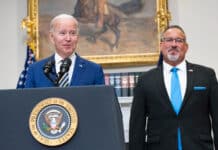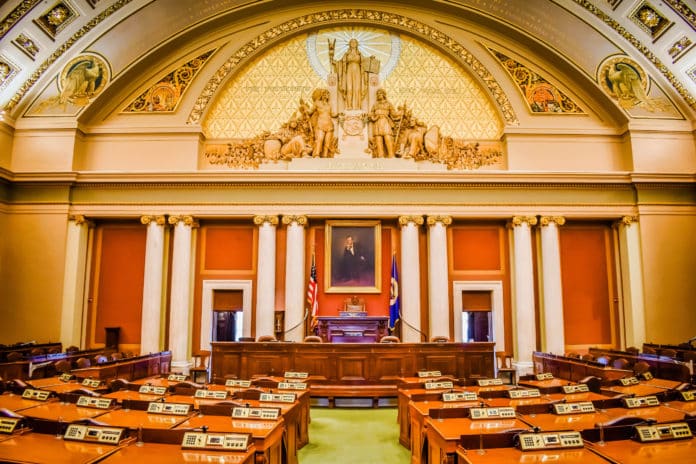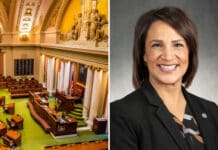The Minnesota House wants to establish a new surveillance program — a state database for monitoring and conducting research on Minnesotans with long COVID.
Two years after Minnesota’s first COVID case, we’ve learned a significant amount about COVID-19. However, there is still disagreement regarding how to treat COVID patients and survivors. Within the 456 pages of HF 4706, the House health care omnibus bill (now also labeled as SF 4410 due to conference committee procedures), the only references to “treatment” for COVID-19 are tests, masks, and respirators. Lifesaving, effective, early treatment is not required.
Instead, the bill establishes a registry to track individuals with long COVID, which is defined in the bill as symptoms lasting longer than four weeks post infection. However, definitions vary. The World Health Organization defines long COVID as “usually 3 months from the onset of COVID-19 with symptoms that last for at least 2 months.” The bill’s shorter definition means most Minnesotans with COVID may be placed in the monitoring system.
This surveillance program would likely become a permanent fixture if passed into law this year. According to the bill authored by Rep. Tina Liebling, the program will monitor trends, target intervention, inform health professionals about risks and treatment, and promote high quality research regarding long COVID. Patient consent would not be required, violating Minnesotans’ constitutional right to privacy.
The Minnesota Department of Health (MDH) would partner with health care professionals and community members — including schools and employers — to identify those with long COVID and determine methods to monitor them. These individuals would become part of a statewide medical study whether they want to or not. Already, the University of Minnesota and the Mayo Clinic are contributing de-identified patient data to the “federal database of electronic health records” called the National COVID Cohort Collaborative (N3C), described as “one of the largest sources of real-world data on long COVID.” Patient consent is not required; a data use agreement is.
Funding for this program would likely come from the two-year, $900 million grant provided to MDH by the Centers for Disease Control and Prevention (CDC), which may be part of the federally-funded $1.15 billion RECOVER Initiative (formerly Post-Acute Sequelae of SARS-CoV-2 Infection (PASC) Initiative) to conduct long COVID research. The MDH website says the expansion of its long COVID program is “an extension of the pandemic response and recovery efforts,” adding that it “may expand these efforts as more resources become available.”
The registry is not yet moving forward in the Minnesota Senate. However, Sen. Scott Dibble publicly asked GOP Sens. Jim Abeler and Paul Utke to amend their combined Senate health care omnibus bill to address long COVID, perhaps because DFL Sen. Lindsey Port is struggling with long COVID.
Citizens should question this misplaced focus on after-the-fact surveillance and research. Why not prevent long COVID by assuring timely access to early treatments? Why not support access to the repurposed drugs that have cured many COVID and long COVID patients? Why wait for answers from research when there are answers and effective treatment options today?
If a person with long COVID wishes to participate in research, they should be able to do so through a consent process. Those with lingering struggles from the virus should not be used to justify government surveillance. They should not be automatically placed into a government research project just because they have a disease of interest. Nor should physicians be required to report their patient’s illness and treatment without the patient’s explicit consent.
This proposed infringement is especially frustrating because most long COVID need not occur. As California’s Dr. MoBeen Syed, MD, says, “If the management is done early and aggressively, long-COVIDs don’t happen.” However, the government has essentially shut down early treatment options, and under the proposed House bill, the government’s focus remains fixated on tracking COVID patients instead of treating them.
Policymakers should look at the realities of long COVID and demand ready access to early and aggressive treatment for the initial disease. It’s time to reduce the number of long COVID patients, not study them.


















